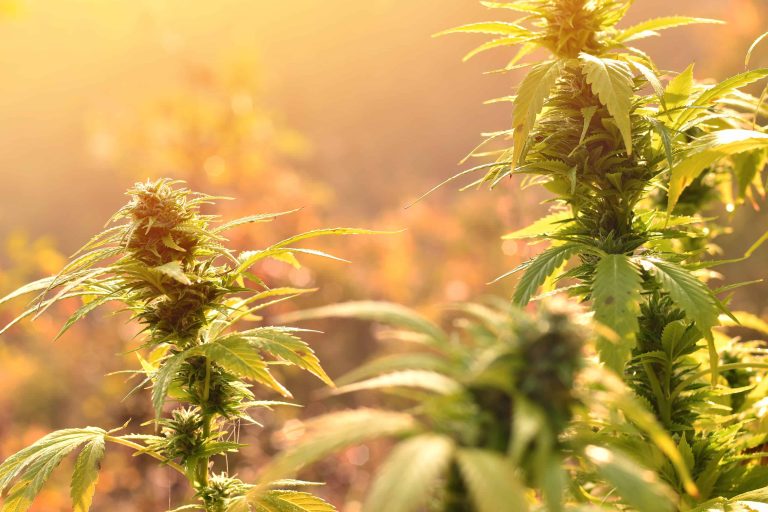The Jamaican Ministry of Industry, Investment and Commerce recently spoke out in support of small-scale cannabis farmers. According to the Jamaica Observer, State Minister Dr. Norman Dunn, the Alternative Development Programme (ADP) is still viewed as one of the best ways to help smaller cannabis growers enter the legal industry.
“The ADP is a community-centered approach in which participating communities will be allowed to cultivate up to 10 acres of land [and] will be required to sell all of their outputs from the program to a licensed downstream buyer or authorized permit holders of the Cannabis Licensing Authority (CLA),” Dunn said at a 4/20 event held at Island Village in Ocho Rios, St. Ann.
Alternatively, a Cultivator’s Transitional Special Permit could also help remove barriers of entry for cultivators. Dunn described the permit as “less rigid,” and would give cultivators an opportunity to temporarily grow legally while also raising money to send an official license application to the CLA. Through the “mother farm” concept, small-scale cultivators would be allowed to partner with an already licensed cultivator to grow cannabis and then sell it to the licensed party.
“Recently, the ministry hosted a meeting of several stakeholders within the licensed regime to confer on matters relating to the industry and chart a sustainable development of this important industry,” Dunn added. “We in the Ministry of Industry, Investment and Commerce continue to meet and engage stakeholders across Jamaica from within the various communities, in academia, medical research, businesses and across government… that will advance Jamaica’s distinctive cannabis industry.”
Other government representatives such as Olivia Grange, the Minister of Culture, Gender, Entertainment and Sport, expressed the need for regulation and modernizing the cannabis industry. With the approach that Dunn mentioned, Grange believes that they can help remove the cannabis stigma, allowing the herb to “become the foundation of a new Jamaican industry with potential to make a major contribution to the national budget.”
According to Ministry of Industry, Investment and Commerce, there are 128 small cultivators that would be able to benefit from the mother farm concept. In March, Jamaican Sen. Aubyn Hill explained that the goal is to allow the program to begin this month in April. “When I look across Jamaica … you have people with one acre, two acres, three acres, but they don’t have the working capital. The mother farm concept allows for a big investor,” the minister explained. “So, we’re finding ways to make sure we alleviate some of the problems. We’re looking at very real ways to develop medical cannabis growth in Jamaica.”
The development of the ADP dates back to 2017. In an interview with the Jamaica Observer, CLA chairperson Hyacinth Lightbourne expressed the necessity of supporting small farmers. “If traditional farmers are excluded, then one of the fundamental reasons for developing this industry would have failed, as the program is intended to provide a legal alternative for those who traditionally cultivate illicit crops,” Lightbourne said.
While Jamaican officials are working to help small cultivators, recent news reports from March show that the country recently granted a license to a company that plans to import cannabis from Canada. The decision rallied concern from officials such as CLA rear admiral Hardley Lewin regarding the nature of the new license. “I brought this to the attention of our members and the industry,” Lewin said. “And also to the CLA; who confirmed it. I made a lot of noise about it because I am very angry that a country that does not allow Jamaican imports or exports from Jamaica into their market could be granted permission to export to Jamaica.”
In response, Minister Hill shared that the imported Canadian cannabis is not available in Jamaica. “It’s a Jamaican company…They have to follow the rules which are in legislation…The ganja strain being imported is not available in Jamaica. The permit is granted depending on the license you have. Some people have license to grow, others to test and some to retail…” Hill stated, according to the Jamaica-Gleaner.
